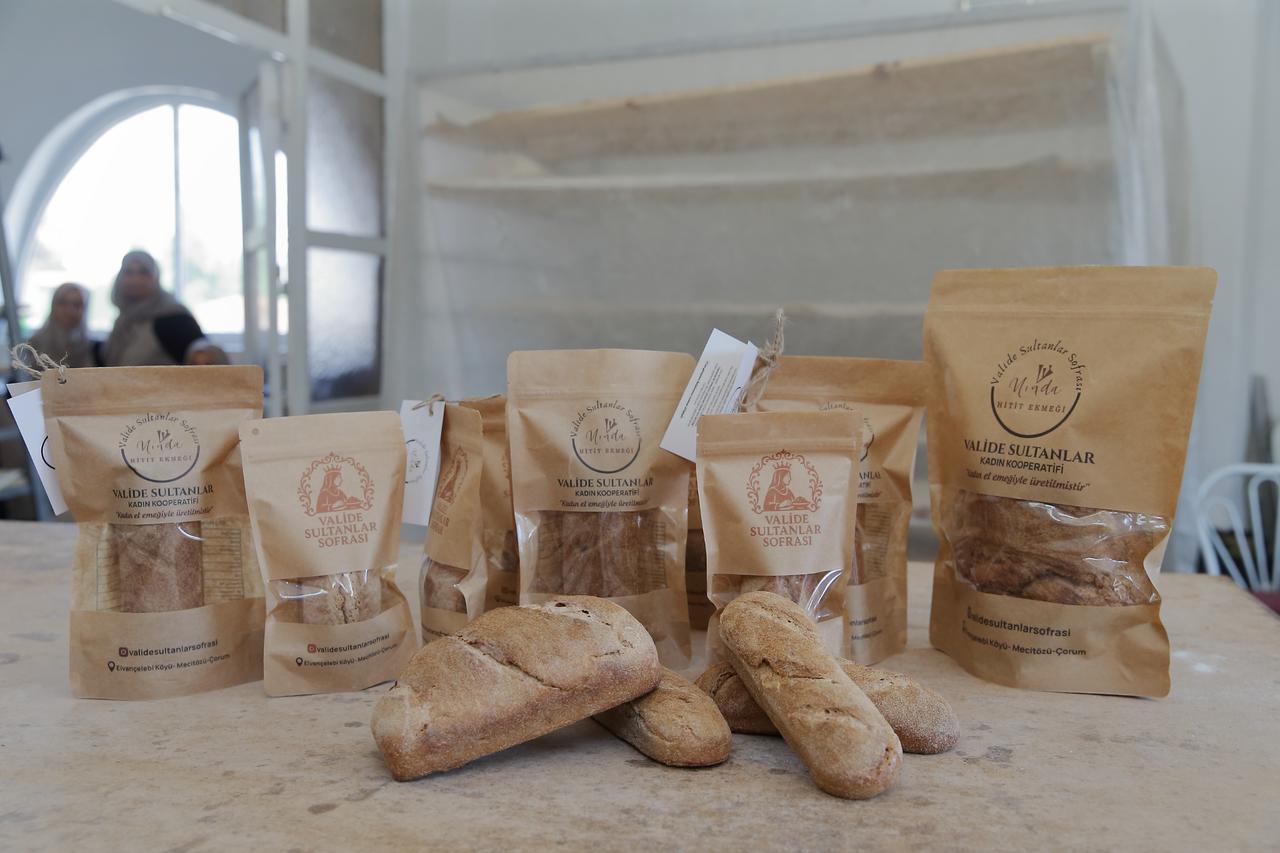
In the historic city of Corum, which once hosted the Hittite capital Hattusa, an ancient bread described on 3,500-year-old clay tablets has been brought back to life by a local women’s cooperative. Known as “Hittite bread,” the loaf has been recreated using organic ingredients and traditional methods, offering a direct link to one of Anatolia’s earliest civilizations.
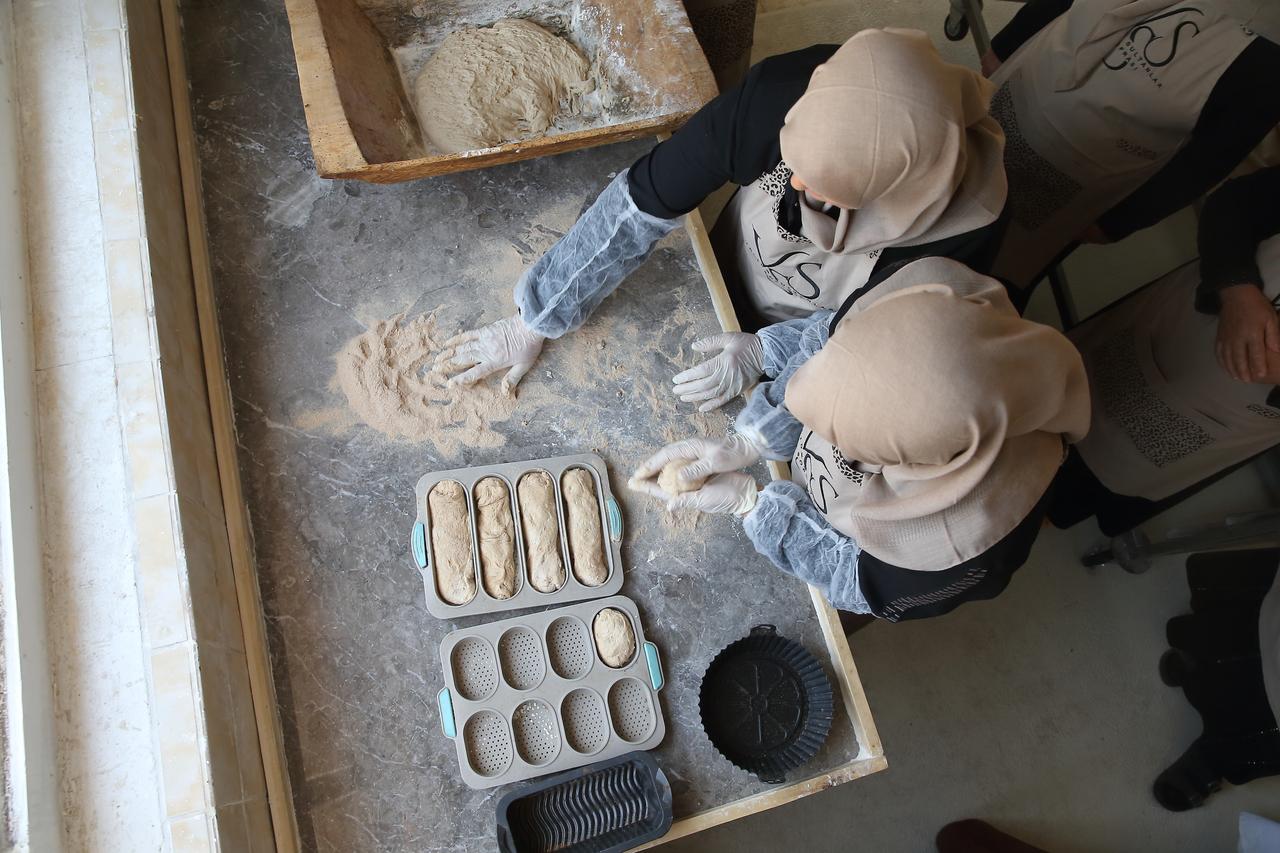
The initiative was led by agricultural engineer Tuba Topkara, who moved with her family from central Corum to the rural village of Elvancelebi. There, she joined the Valide Sultanlar Sofrasi Women’s Cooperative, where she encountered a unique culinary opportunity.
While exploring new products for the cooperative, she learned about the Hittite bread recipe from gastronomy instructor Ulku Mensure Solak, co-author of the 2007 book Hittite Cuisine as an Experimental Archaeology Study. Inspired, Topkara decided to bring the ancient bread back to local and global tables.
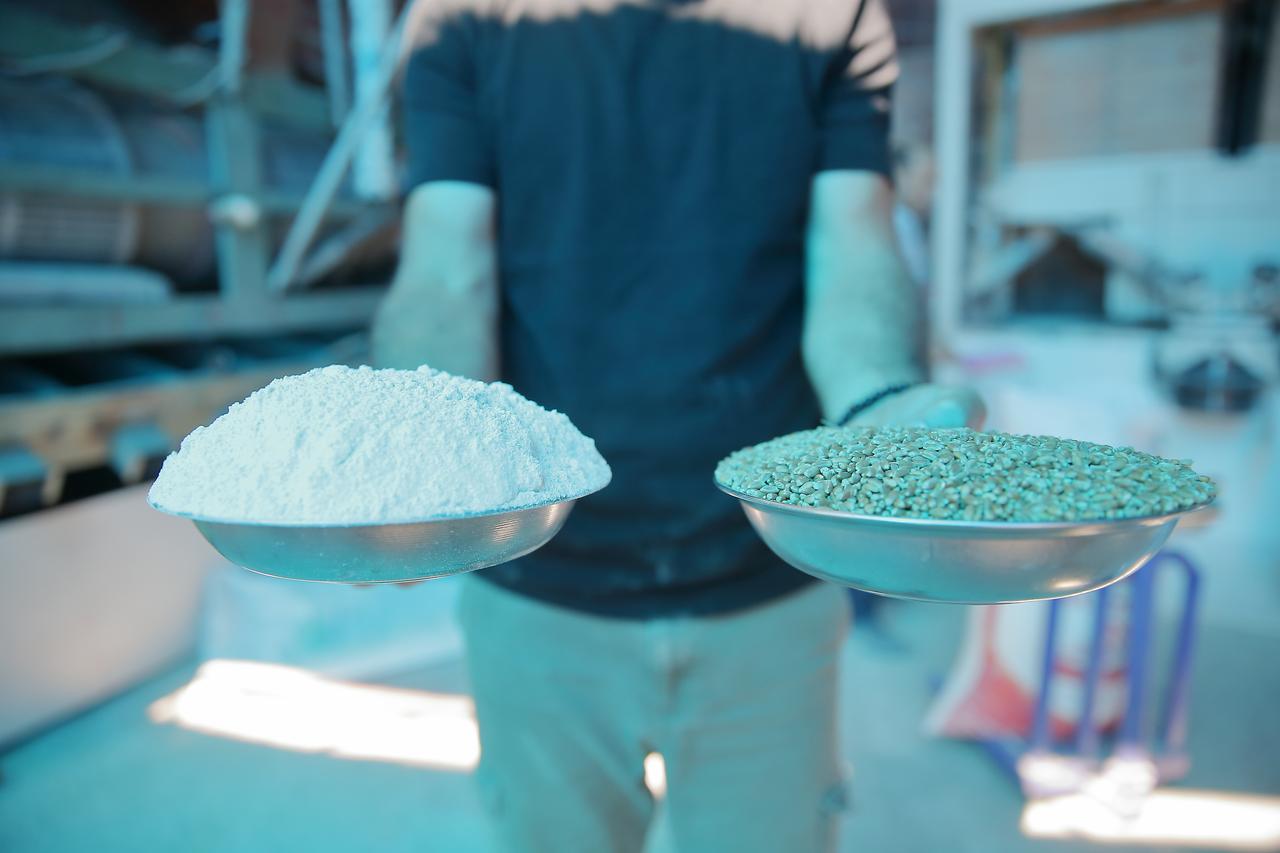
To remain faithful to the ancient process, Topkara worked with local farmers to cultivate heritage wheat, often referred to as “ata tohum” in Türkiye, meaning ancestral seeds. The wheat was harvested and carefully milled using a traditional stone grinder to produce organic flour. The cooperative restored an unused stone oven in the village, which is now used to bake bread over oak wood fires.
The dough is prepared with only organic flour, natural sourdough starter, spring water, and mineral-rich rock salt, and is kneaded in a traditional wooden trough by the women of the cooperative. This process mirrors descriptions found in Hittite ritual tablets, which often recorded the ingredients and methods used in ceremonial foods.
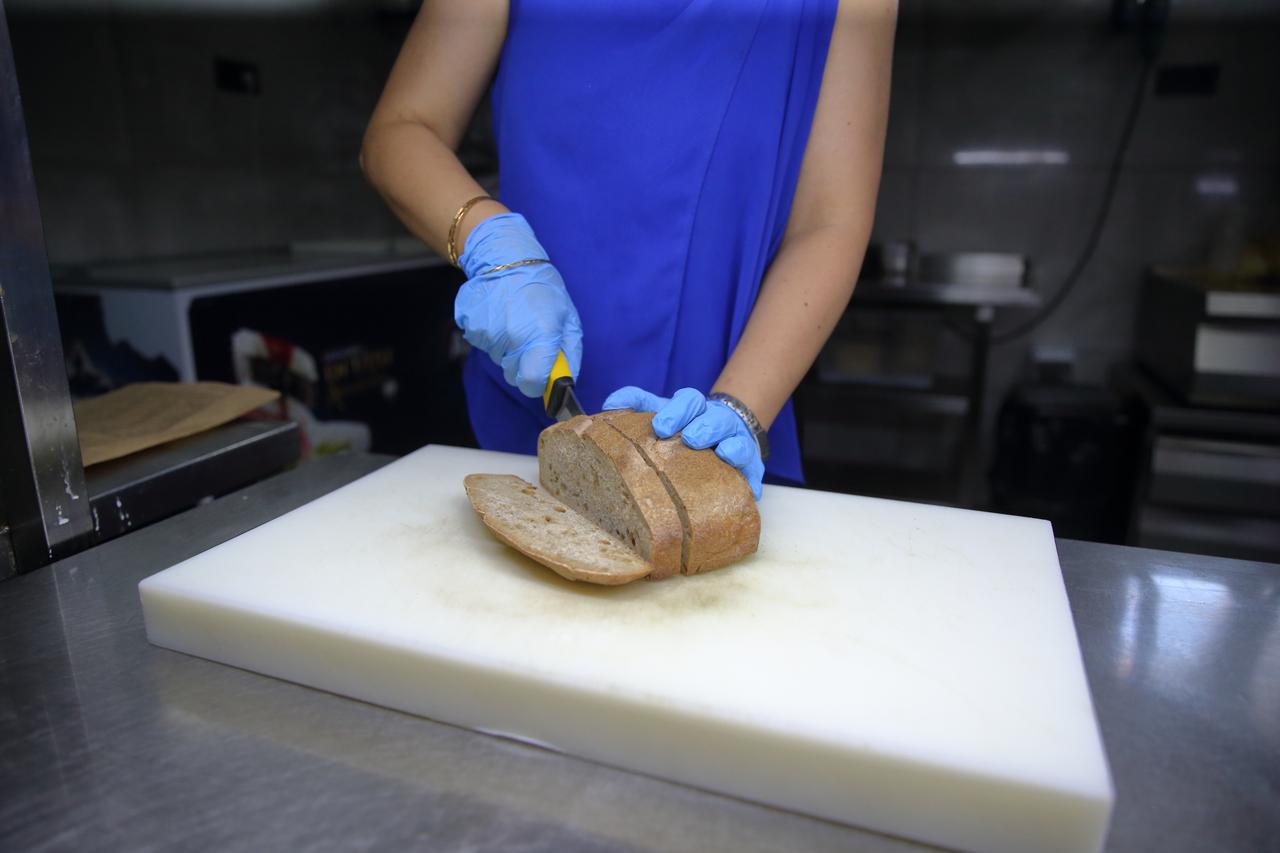
The first batches of Hittite bread were introduced to the public through Corum Municipality, where it is served in local social facilities, sometimes as toasted bread. Topkara emphasized that the product’s appeal lies not only in its historical roots but also in its fully organic production.
“We want to make this bread, produced 3,500 years ago, known to the world, not only to Corum,” she said, highlighting its potential to become a culinary symbol of the region.
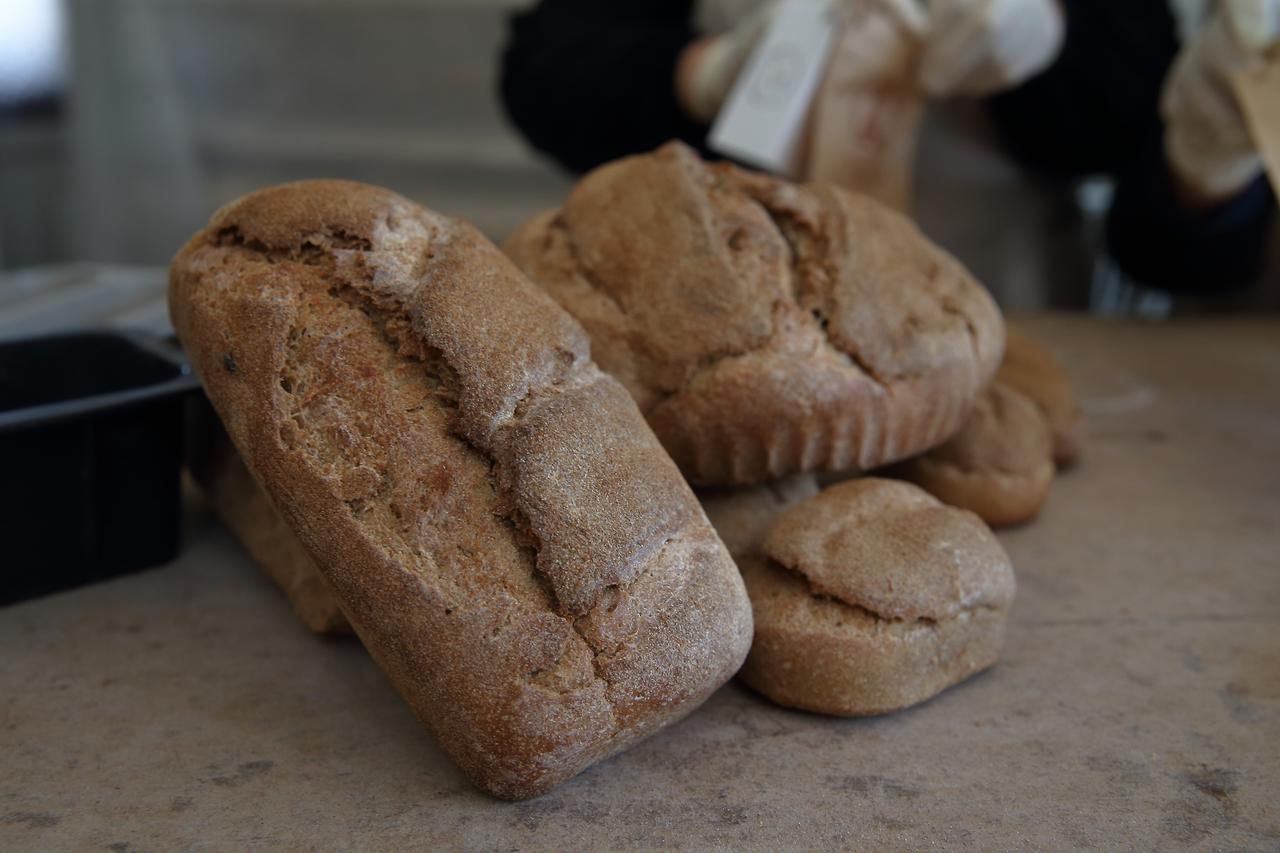
Gastronomy expert Ulku Mensure Solak noted that the project reflects the essence of experimental archaeology—reconstructing ancient foods as authentically as possible.
“The most important feature of this bread is that it is organic in every aspect. We are bringing the Hittite recipe back to Turkish and world cuisine with the same techniques,” she explained.